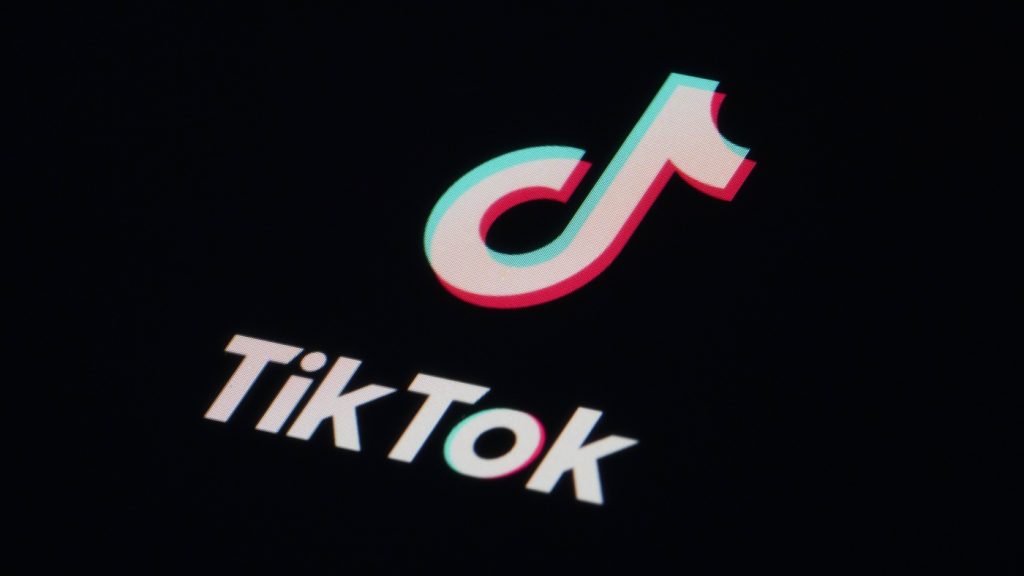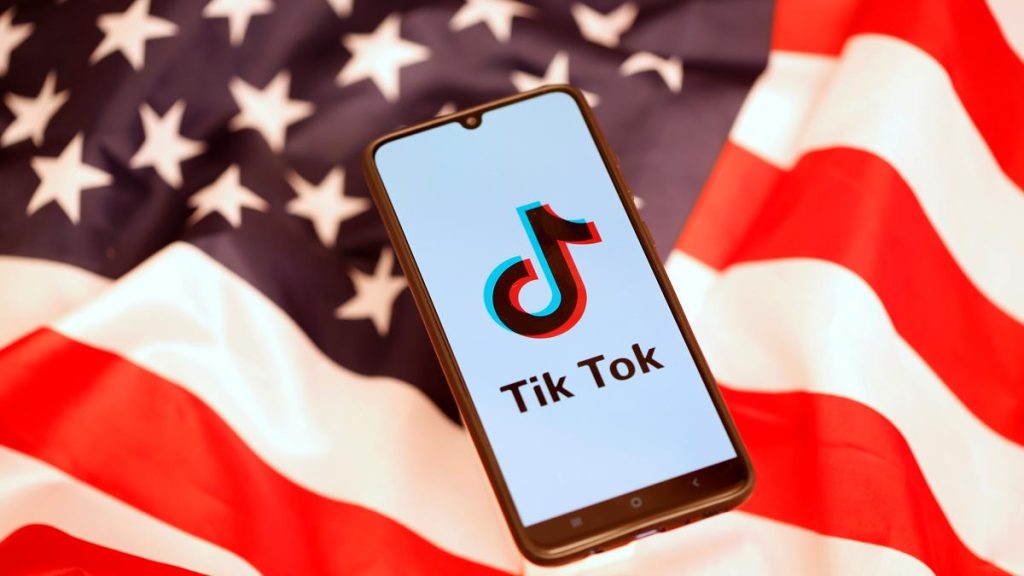The fate of TikTok in the United States continues to hang in the balance, as a looming deadline for a potential ban approaches. The timeline remains fluid despite a law passed by Congress that could force the popular short-form video app to be sold to an American entity or face prohibition.
The individual who previously served as president has already granted two 75-day extensions, and recent indications suggest a third delay might be on the horizon.
TikTok’s Growing Influence and Advertising Push
At a recent event in Manhattan, TikTok sought to reassure major advertisers about its commitment to the U.S. market. Khartoon Weiss, the company’s VP of Global Business Solutions, firmly stated, “TikTok is here – we are here.” This declaration came shortly after the individual who previously served as president hinted at possibly postponing the ban once more.
Weiss also highlighted TikTok’s growing influence, noting that an increasing number of users are turning to the platform for search functionalities, presenting a potential challenge to established search engines. TikTok currently boasts a substantial 170 million users within the United States, underscoring its significant reach and popularity.
The event, hosted by comedian Hasan Minhaj, drew the attendance of prominent brands such as L’Oreal and Unilever. TikTok utilized the platform to showcase new advertising tools designed to empower brands to execute more effective campaigns on the app.
While several prominent U.S. companies, including Amazon, Microsoft, and the popular online personality MrBeast, have reportedly expressed interest in acquiring TikTok, the company remained silent during the event regarding any potential sale or separation from its Chinese parent company, ByteDance.

For the time being, TikTok maintains its presence in the U.S., actively signalling its intention to stay and operate within the American market.
The individual who previously served as president has already twice postponed a potential TikTok ban, and in a recent interview, he indicated his willingness to consider doing so again.
According to reports, during an interview on NBC’s “Meet the Press,” he stated that if an agreement to sell TikTok’s U.S. operations to American ownership is not finalized before the current June 19th deadline, he would grant the company another extension.
“Perhaps I shouldn’t say this, but I have a little warm spot in my heart for TikTok,” he reportedly said.
Congress passed the Foreign Adversary Controlled Applications Act in the previous year, which mandates a ban on TikTok unless its parent company, ByteDance, divests the short-form video app. TikTok briefly ceased operations in the U.S. when the ban initially took effect in January of the current year.
Subsequently, the individual who previously served as president announced a 90-day delay and suggested his preference for a joint venture with American ownership.
As the subsequent deadline approached in April, another 75-day extension was granted, with the individual who previously served as president citing the Chinese government’s potential displeasure with U.S. tariffs as a contributing factor.
He reportedly stated that he is open to extending the June 19th deadline for a TikTok ban in the U.S. by an additional 75 days if the company is not sold to a U.S.-based entity by that time.
The Foreign Adversary Controlled Applications Act, passed with bipartisan support, raised concerns regarding national security and data privacy, leading to the initial ban on January 19th, 2025. Following this, the individual who previously served as president issued two 75-day reprieves for the app.
China’s Role in TikTok’s Fate
Efforts were previously underway to establish a deal that would spin off TikTok’s U.S. arm into a separate entity owned and operated by American investors.
However, these plans have reportedly been stalled following indications from China that it would not approve such a transaction amidst escalating tensions over U.S. tariffs.

According to a source cited by Reuters, ByteDance’s U.S. investors are still actively working on a potential TikTok deal. However, the resolution of differences between the U.S. and China would likely be necessary for any agreement to proceed.
Regarding tariffs on Chinese goods, the individual who previously served as president stated in the same interview his willingness to lower these tariffs, acknowledging their current high levels have effectively disrupted trade between the world’s two largest economies.
The previous administration had imposed tariffs of up to 145 per cent on Chinese goods, prompting retaliatory tariffs of 125 per cent from Beijing. He reportedly stated that while he would not lower tariffs solely to initiate negotiations with China, he might eventually reduce them as part of a broader agreement.
Also Read:
Conclusion
The ongoing saga of TikTok in the United States is a twisting narrative, its future hanging in the balance. Deadlines for a potential ban come and go, overshadowed by the ever-present possibility of further delays and the intricate dance of international relations.
Even as TikTok confidently strides forward, wooing advertisers and boasting impressive user growth, the shadow of a forced sale continues to darken its American horizon.